Hawzah News Agency – Religious events are widely celebrated and are joyous, much anticipated occasions in Malaysia. This includes Islamic events and festivals, namely the holy month of Ramadan, Eid-ul Fitr and Eid-ul Adha. The way Malaysians celebrate these events is what makes experiencing them here so special and pleasantly different, with the long-standing, uniquely-Malaysian tradition of open houses adding to the festive cheer.
Ramadan (Bulan Puasa)
Ramadan is a holy month for Muslims where they are required to fast from dawn to dusk for 29 or 30 days. For those who are not familiar with warm climates, it can be quite a challenge observing Ramadan in Malaysia as it often gets very hot and dry during this month. But experiencing Ramadan in Malaysia has its own merits as the atmosphere is nothing short of convivial.
The first day of Ramadan is a public holiday in the states of Melaka, Johor and Kedah. Most offices close at least an hour early during this month, and you can see an unusual amount of vehicles on the roads all rushing to get home to prepare for the day’s breaking of fast (iftar).
A Malaysian tradition every Ramadan is the making and distribution of ‘bubur lambuk’, a creamy rice porridge made of meat pieces, coconut milk, spices and other flavourful condiments. The one most popular and much sought-after is the Kampung Baru Mosque’s version. Every day, as many as 20 huge vats of porridge are cooked daily by the mosque’s committee members and preparations start as early as 8 in the morning. By 4 p.m., long queues would start to form for the porridge, and distribution would normally start around 5 p.m., after Asr prayers. Kampung Baru’s bubur lambuk is touted to be the best in the country with an unparalleled taste, created using a traditional recipe that has been passed down from generation to generation.

Perhaps the most special and distinguishing aspect of Ramadan in Malaysia is the Ramadan bazaars that can be found at almost every corner all over the country, offering a huge array of mouth-watering delicacies for you to break your fast with. A visit to these bazaarsbazaar_ramadhan are a feast for the senses, especially olfactory, as you would be assaulted with all kinds of wonderful smells wafting in the air as you walk from one end to the other. It is worth visiting a different bazaar every day as each bazaar offers a different experience and menu. It is advisable to plan what you want to buy beforehand and bring just enough cash as it is easy to get carried away at a Ramadan bazaar – resulting in you buying more than what you can stomach, which defeats the purpose of the holy month.
A festive atmosphere can be felt throughout the month. Major shopping malls, especially in Kuala Lumpur and Selangor, would be lavishly decorated with an elaborate and often creative Eid centrepiece in the concourse area. Shopping hotspots for Eid are Jalan Tuanku Abdul Rahman and Jalan Masjid India in Kuala Lumpur, which would be packed to the brim with shoppers and great bargains day and night during Ramadan. For an even better deal, pay these places a visit a day before Eid as most items would be offered at rock-bottom prices to clear off stock.
Local Eid songs can be heard playing on the radio and in shopping malls, adding to the festive mood. Come nightfall, mosques would be filled with Muslims from all walks of life coming together to perform the Tarawih prayers. After the end of each Tarawih session, a small supper called ‘moreh’ is served within the mosque’s compound, prepared and cooked by volunteers. A sense of camaraderie is apparent as everyone sits close together and shares the meal. Houses decorated with twinkling fairy lights or the more traditional paraffin-fuelled lamps made from tin cans or bamboo sticks are quite a common sight at night during Ramadan, as are children playing with sparklers and fireworks.
Eid-ul Fitr (Hari Raya Aidilfitri or Hari Raya Puasa)
Eid-ul Fitr is a day of victory for Muslims all over the world after a month of fasting and in Malaysia, it is a truly joyous occasion filled with festive cheer and merriment. Starting from a week before the 1st of Syawal, Malaysians would start going back to their hometowns. This is often referred to as the ‘Hari Raya Exodus’ as the highways from the north to the south would be jam-packed with cars.

hari_rayaOn the 29th of Ramadan, a sighting of the new moon would be conducted by the religious authorities to determine whether Eid would fall on the next day, and an official announcement of the result would be made that night by the Keeper of the Rulers’ Seal on national television.
The day before Eid is often the busiest time for those celebrating. The whole day would be spent preparing an array of traditional dishes and getting the house ready for the celebrations. Traditional dishes typically served for Eid here are ‘ketupat’ (compressed rice cakes encased in woven coconut leaves), ‘rendang’ (a spicy and aromatic dish made of meat, chilli paste, coconut milk, grounded coconut and spices), spicy peanut sauce and ‘lemang’ (glutinous rice with coconut milk cooked in hollowed bamboo sticks lined with banana leaves). It is also common to see cookie jars filled with a variety of traditional and modern cookies in different colours and tastes – locally referred to as ‘Kuih Raya’ – served at every house for guests to enjoy.
The festive atmosphere felt throughout Ramadan reaches its peak on the first day of Eid-ul Fitr. Malaysians would be dressed in fine traditional clothes, called ‘Baju Melayu’ for the men and ‘Baju Kurung’ for the women. They would start the day with seeking forgiveness from family members, before departing for the mosque to perform Eid prayers. After prayers, they would proceed to visit the graves of loved ones, before visiting friends and relatives.
Malaysians ‘celebrate’ Eid-ul Fitr not just for one day but a whole month. The spirit of Eid continues for the rest of Syawal. Malaysians use this month as an opportunity to strengthen personal ties and visit all their friends and relatives – some of whom they haven’t seen in a long time. During this month, little paper packets filled with money would change hands as an act of sadaqah (giving).
The most unique thing about Eid in Malaysia is perhaps the long-standing tradition of ‘open houses’ held at almost every residence, which showcases Malaysia’s harmonious multicultural existence the best. On this day, the house is ‘open’ to all guests – regardless of social status, religion and race – just enjoying good food, good company and a good time.

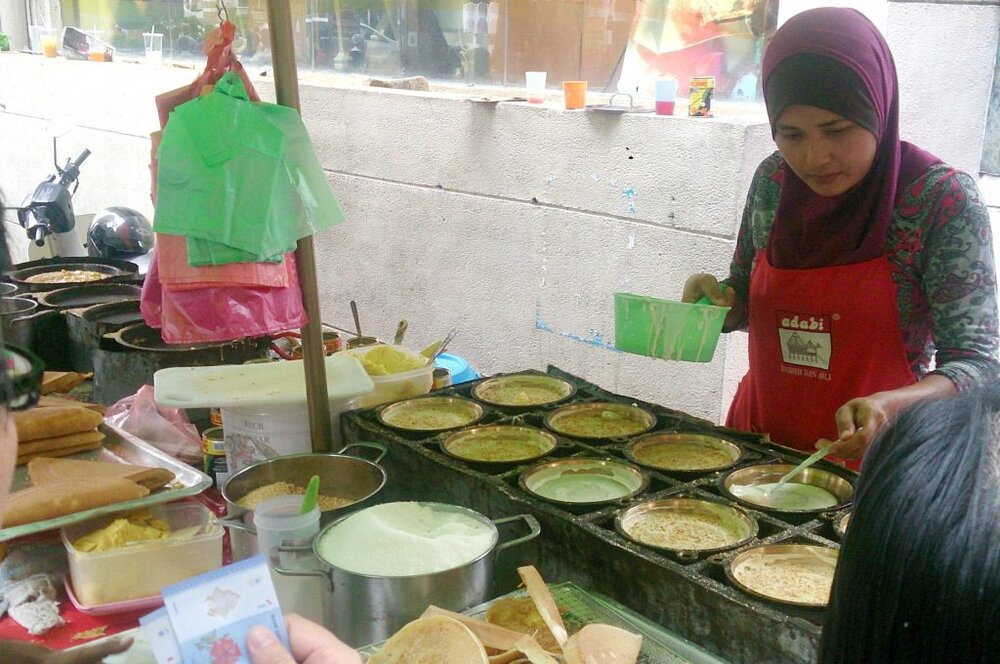
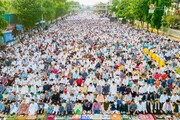
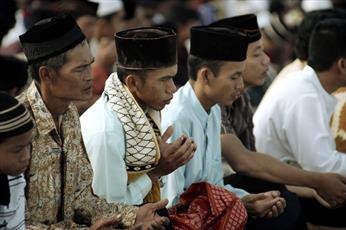
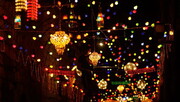
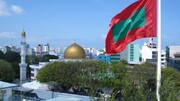
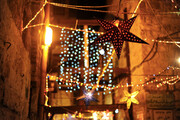


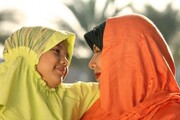
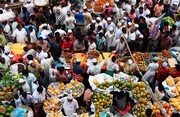
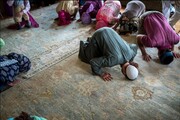
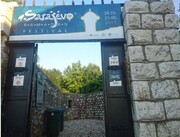
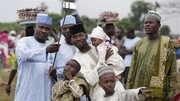
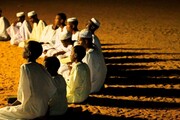
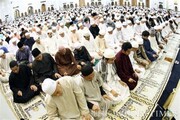
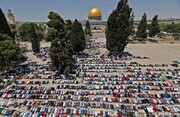
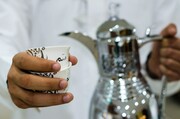

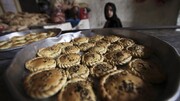
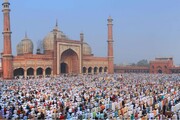
Your Comment